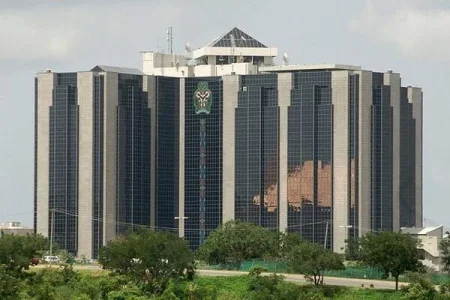
Learn about the CBN's directive mandating a 0.5% cybersecurity levy on all banking transactions in Nigeria. Discover key details, including implementation timelines, exemptions, and penalties for non-compliance.
The Central Bank of Nigeria (CBN) has recently mandated banks and financial institutions to implement a 0.5% cybersecurity levy on all banking transactions. This move aims to enhance cybersecurity measures and protect electronic transactions in the country. However, it has sparked widespread discussion and concern among Nigerians about its potential impact on financial burdens and government priorities amidst prevailing socio-economic challenges.
Here are key points to know about the cybersecurity levy:
- Implementation begins in two weeks from the circular issuance.
- The levy is Mandated by the Cybercrime (Prohibition, Prevention, etc) (Amendment) Act 2024.
- The levy applies to electronic transactions and is deducted at the point of transaction origination.
- Levy proceeds to fund the National Cybersecurity Fund, managed by the Office of the National Security Adviser.
- Financial institutions must remit collected levies to the NCF account monthly by the fifth business day of the following month.
- Non-compliance can result in penalties, including fines of up to 2% of a financial institution's annual turnover.
- Exemptions include loan disbursements, salary payments, and certain transactions.
- Implementation follows the enactment of the 2024 Cybercrime (Prohibition, Prevention, etc) Amendment Act.
- All institutions under the CBN's regulatory purview must comply with the levy provisions outlined in the circular.




